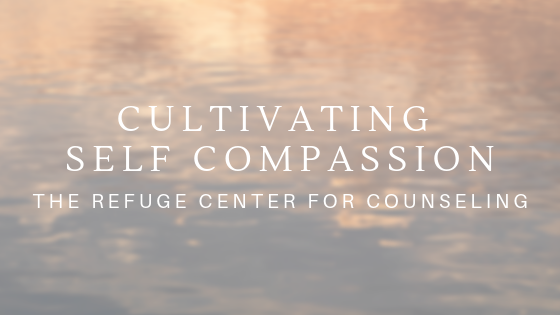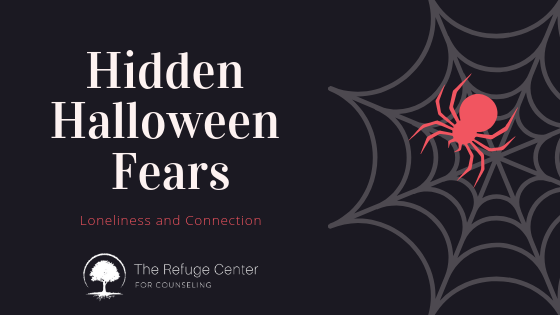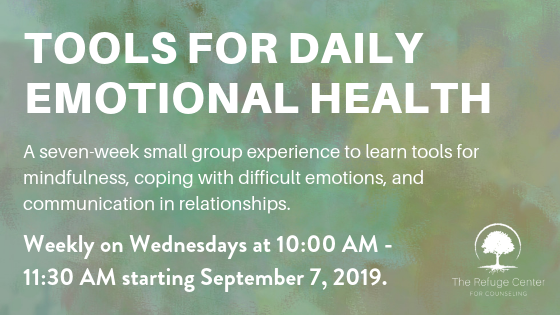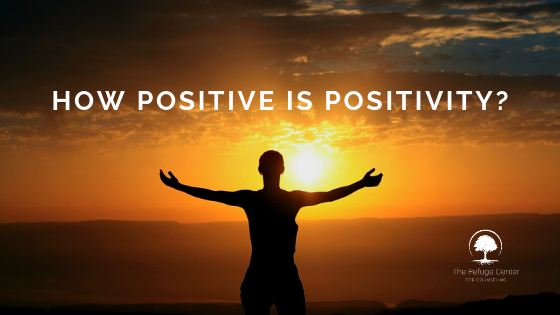“Compassion involves the recognition and clear seeing of suffering. It also involves feelings of kindness for people who are suffering, so that the desire to help—to ameliorate suffering—emerges. Finally, compassion involves recognizing our shared human condition, flawed and fragile as it is.” [1]
Whereas compassion means being with others in their suffering, self-compassion is extending compassion to oneself in instances of perceived inadequacy, failure, or general suffering. Self-compassion can be understood as “being touched by and open to one’s own suffering, not avoiding or disconnecting from it, generating the desire to alleviate one’s suffering and to heal oneself with kindness.” [2]
According to Dr. Kristin Neff, self-compassion consists of three key components: self-kindness, common humanity, and mindfulness. [3]
SELF-KINDNESS
Self-kindness is the capacity to be warm and understanding toward ourselves when we suffer, fail, or make mistakes. [3] When practicing self-compassion, the self-directed kindness is not done to change the circumstance of suffering, but done because there is suffering.
I love the image of treating ourselves in the same way we would want to treat a dear friend or family member— slowing down and allowing ourselves to be emotionally moved by our own pain and actively comforting ourselves. The first step we can take toward achieving this is to quiet the inner critic and stop the internal heckling (i.e., “What’s wrong with me?” or “I shouldn’t be feeling this way.”) Instead, we can say to ourselves, “I feel your pain right now. This is tough. What do I need right now – How can I best take care of myself?” We can then act accordingly to provide comfort when we are experiencing pain or suffering.
In short: Be nice to yourself!
COMMON HUMANITY
Common humanity is the capacity to recognize suffering and personal inadequacy as part of the shared human experience. [3] The common humanity component of self-compassion becomes one of acknowledgment that, as humans, we are imperfect and make mistakes. What a beautiful concept. In our hyper-individualistic, equally hyper-comparative society, it’s easy to get caught up in trying to outdo everyone around us, which ultimately leaves us feeling disconnected—either better than or worse than those around us. But what if we slowed down and appreciated our sameness? When we recognize pain as a universal occurrence, it can foster a sense of connection with others who have experienced suffering.
We’re all in this together – our suffering is a part of the shared human experience.
MINDFULNESS
Mindfulness is the capacity to take a balanced approach to negative emotions, so that feelings are neither suppressed nor exaggerated, to observe negative emotions with openness and clarity. [3] We want to observe our experience—holding it in “balanced” awareness without trying to push our pain away or make it a bigger deal than it is. Mindfulness is the focusing on the awareness of pain in the present moment, and self-compassion becomes the act of taking that awareness and encouraging kindness toward oneself.
The practice of self-compassion calls for a mindful awareness of emotions, and painful emotions are met with a sense of understanding, connection to our common humanity, and self-kindness. [2] Self-compassion embraces pain with kindness and goodwill that is rooted in the experience of being fully human. [4]
Benefits of self-compassion
Self-compassion is a powerful way to achieve emotional wellbeing and contentment in our lives. Researchers have found that self-compassion is linked to reductions in depression, stress, rumination, thought suppression, perfectionism, and shame; and increases in life satisfaction, happiness, connectedness, self-confidence, optimism, curiosity, and gratitude. Additionally, researchers have found that it is linked to motivation, personal accountability, health, better body image and eating behavior, coping and resilience, and flexibility and creativity. [5]
Putting it into practice
We all experience many painful and uncomfortable feelings, whether it be fear, anger, confusion, disappointment, sorrow, regret, helplessness, etc. What’s important is learning to accept these feelings and finding compassion for your own suffering. The next time you are faced with a stressor, setback, or failure, instead of berating yourself, work to practice self-compassion. Being compassionate to oneself involves being able to get close to your own pain and shake hands with it – put your arm around it – and see how it changes and how you can take it with you as you head in directions in life that are meaningful and cherished. Ways of practicing self-compassion might include nourishing your own happiness by doing things you truly enjoy, giving yourself permission to try something new, taking good care of your physical and emotional health, practicing guided mediation, or setting aside some time each day to send yourself love and encouragement. The gift of self-compassion is worth your full attention and practice, regardless of how uncomfortable or difficult it may feel at first. Ultimately, you deserve to extend the same kindness to yourself that you would to someone you love and care for.
- Neff, K. (2011). Self-compassion: The proven power of being kind to yourself. New York, NY: Harper Collins.
- Neff, K. D. (2003). Self-compassion: An alternative conceptualization of a healthy attitude toward oneself. Self and Identity, 2, 85–101. doi:10.1080/15298860390129863
- Neff, K. (n.d.). The three elements of self-compassion. Retrieved from https://self-compassion.org/the-three-elements-of-self-compassion-2/
- Neff, K. D., & Costigan, A. P. (2014). Self-compassion, wellbeing, and happiness. Psychologie in Österreich, 2(3), 114–119. Retrieved from http://self-compassion.org/wp-content/uploads/publications/Neff&Costigan.pdf
- Neff, K. D., & Dahm, K. A. (2015). Self-compassion: What it is, what it does, and how it relates to mindfulness. In Handbook of mindfulness and self-regulation(pp. 121-137). Springer, New York, NY.
Written by Refuge Center Masters Level Counseling Intern Ruth Juneau




